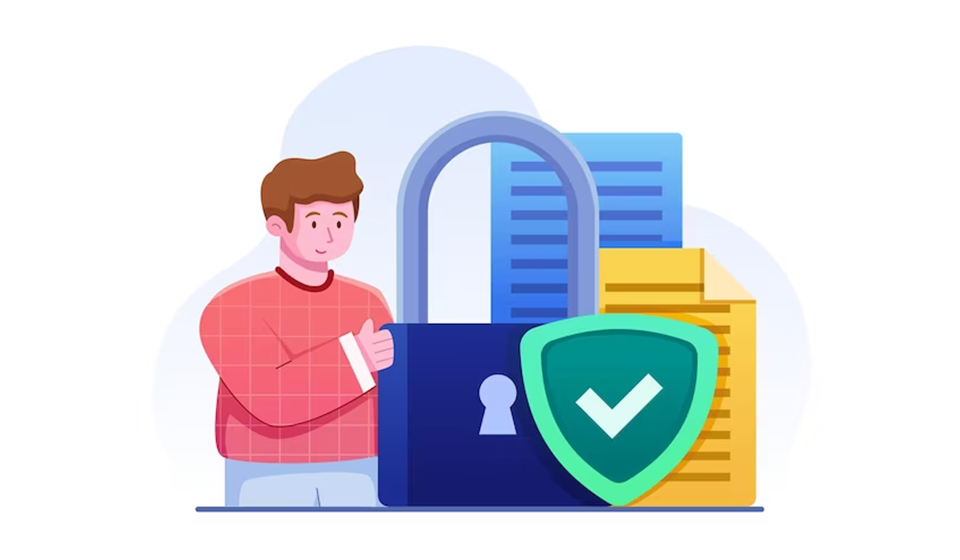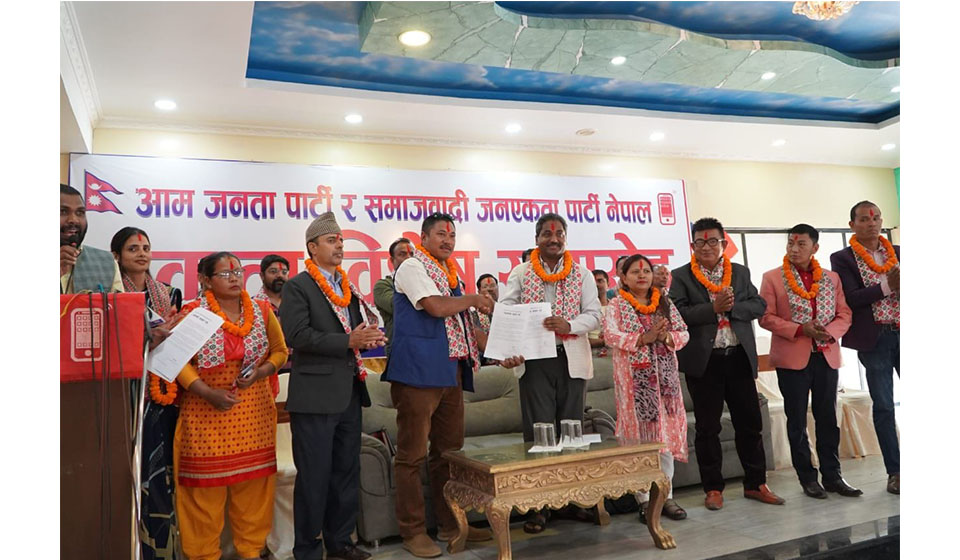
OR
Did You Know?
What is the right to privacy? What is its arrangement in the law?
Published On: September 13, 2023 03:15 PM NPT By: Republica | @RepublicaNepal

The Constitution of Nepal 2015, in its Article 28, unequivocally upholds the 'right to privacy.' This fundamental right encompasses the protection of an individual's self-esteem, dignity, reputation, health, and property. However, the application and enjoyment of this right may vary when it comes to individuals holding public office, with a potentially narrower scope of privacy protection compared to the general public.
Article 28 of the Constitution of Nepal, 2072 BS, explicitly outlines the right to privacy. It stipulates that the privacy of an individual's life, residence, property, documents, statistics, correspondence, and character-related matters shall be inviolable, except when constrained by the law.
Regrettably, the effective enforcement of the right to privacy in Nepal remains a challenge. The state has struggled to safeguard an individual's self-respect, honor, and reputation, as guaranteed by the right to privacy. Recent events have seen various actions that infringe upon a person's self-esteem, dignity, and reputation, with the government seemingly unable to rein them in.
In particular, there has been a worrisome proliferation of personal conversations and private videos on social media, jeopardizing individuals' privacy rights. The Privacy Act of 2018 does encompass the right to privacy concerning electronic communications. It underscores that every person is entitled to privacy regarding their personal information, writings, correspondences, data, or character related to them in electronic form.
The Act explicitly prohibits the use of mechanical devices to eavesdrop on electronic communications or conversations among two or more people without proper authorization or legal orders. Similar provisions regarding the right to privacy can also be found in the National Criminal Code Act of 2017 and the Prevention of Organized Crime Act of 2070 BS.
However, the right to privacy is not an absolute right guaranteed by the state. There may be situations where this right can be restricted by the state when deemed necessary and in accordance with the law. Government agencies and authorized personnel can intercept phone calls with the appropriate permissions and request details from relevant authorities, such as social networks like Facebook or hotels. But there is a need for clear legal specifications regarding the competent authority to grant such permissions.
In light of these complexities, the Supreme Court addressed the issue of privacy in a case from 2072 BS. The court emphasized the need for legislation concerning call records and requests for personal details. Until such legislation is enacted, the court ruled that permission from the district court should be obtained before intercepting calls or requesting personal information. This decision underscores the importance of protecting the right to privacy while also ensuring that it is balanced with the broader interests of society.
Watch the Video:
You May Like This

Government reduces public holidays from 104 to 89
Kathmandu, March 28 : The government has approved public holidays for the year 2075 BS. Cabinet meeting has decided on Wednesday... Read More...

Public outcry over decision to lease public land to ruling party
BIRGUNJ, Aug 25: The decision of local authorities of Parsa to approve the lease of Rs 80 million worth of... Read More...




Just In
- Sunkoshi-Marin Diversion Project’s tunnel construction nears completion, breakthrough scheduled for May 8
- Govt tightens security arrangement for Third Investment Summit 2024
- Pesticide residue found in vegetables in Nepalgunj
- Aam Janata Party and Samajwadi Jana Ekata Party merge
- 1,600 participants confirmed for Nepal Investment Summit
- Ilam-2 by-elections held peacefully, vote count likely to start tonight
- NEA schedules five-day power cut across Kathmandu Valley for underground cable installation
- Hundreds of passengers including foreign tourists in distress as poor visibility halts flights to and from PRIA







-1200x560-wm_20240427144118.jpg)





Leave A Comment